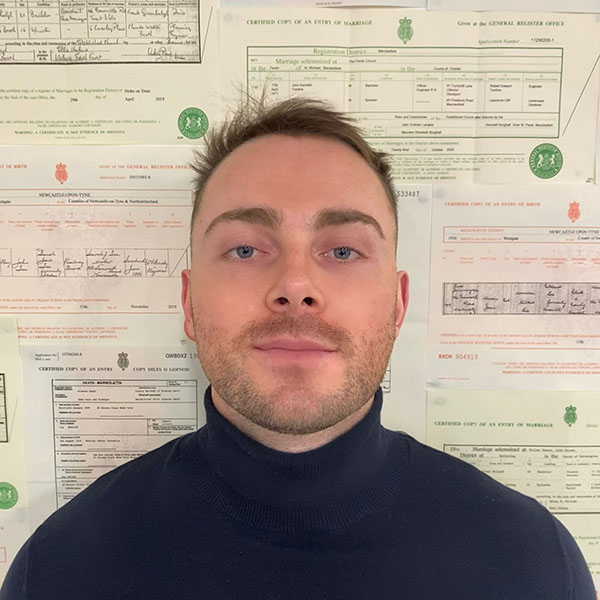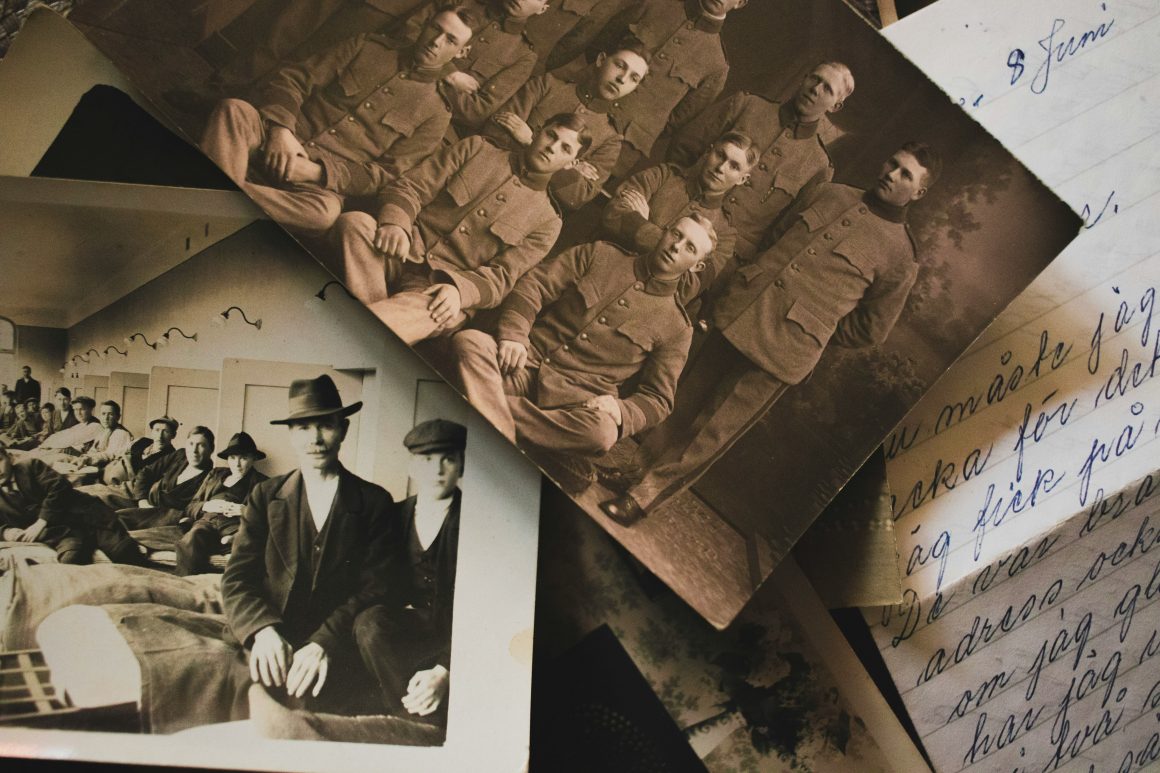Probate genealogy is an intriguing field focused on locating heirs and beneficiaries to estates when someone dies intestate (without a will). Despite its significance, this area of legal and genealogical work is often misunderstood. Let’s debunk some of the most common myths surrounding probate genealogy in the UK and clarify how it really operates.
Myth 1: Probate Genealogy Only Involves Finding Heirs to Large, Unclaimed Estates
A popular misconception is that probate genealogists spend their time searching for heirs to vast fortunes left behind by wealthy individuals. While high-profile cases occasionally make headlines, most probate cases involve estates of modest value. The genealogist’s role is to find legitimate heirs, regardless of the estate’s size. This often involves creating complex family trees and identifying distant relatives who may have no idea they’re connected to the deceased.
Myth 2: All Identified Heirs Are Automatically Entitled to a Share of the Estate
Many believe that once an heir is located, they are guaranteed a portion of the estate. UK intestacy laws govern how estates are distributed, and certain relatives are prioritized over others based on their relationship to the deceased. For example, if the deceased had children, they take precedence over siblings or cousins. So, while probate genealogists may find multiple relatives, not all will necessarily inherit under the Intestacy Rules.
Myth 3: Probate Genealogy is Just About Tracing Family Trees
Although family tree research is a key part of probate genealogy, the field extends beyond that. Genealogists often dig through legal records, historical documents, and even interview people to piece together the story of a person’s life and family connections. They frequently collaborate with legal professionals to provide evidence for court cases or resolve disputes over inheritance. Thus, probate genealogy requires both genealogical expertise and a solid grasp of legal procedures.
Myth 4: The Government Automatically Takes Unclaimed Estates
There is a widespread belief that if no heirs are found, the estate automatically becomes government property. While unclaimed estates in England and Wales do eventually pass to the Crown under the Bona Vacantia rules, this happens only after exhaustive efforts to identify heirs. Probate genealogists often work closely with the Treasury Solicitor’s office to locate potential beneficiaries before the estate reverts to the Crown in a process known as escheatment.
Myth 5: Probate Genealogists Work for Free and Only Take a Cut of the Inheritance
Another common myth is that probate genealogists work on a contingency basis, only earning a fee if they successfully find an heir. While some genealogists do operate on this model, others charge upfront fees or work on contract for solicitors, law firms, or government bodies. Payment structures vary, but ethical probate genealogists are transparent about their fees, ensuring that heirs are fully informed of the terms before entering into any agreement.
Myth 6: Probate Genealogy is a Quick and Simple Process
Television shows often portray probate genealogy as a quick, straightforward process, but in reality, it can be lengthy and complex. Genealogists may face challenges such as large family networks, common surnames, or international links, all of which complicate the search for heirs. Verifying relationships requires robust documentation, and the research can take months, involving correspondence and, in some cases, travel. It’s a meticulous and time-consuming process, far from the instant results depicted in media.
Myth 7: No Heirs Can Be Found if the Deceased Had No Immediate Family
People often assume that if someone dies without immediate family—like children, parents, or siblings—there’s no chance of finding heirs. However, probate genealogists specialize in tracking down extended family members, sometimes tracing back multiple generations or finding distant relatives across the globe. Even in cases where no close family is known, it’s often possible to identify more distant relatives who are entitled to inherit.
Conclusion
Probate genealogy is a specialised and intricate field that plays a critical role in the fair distribution of estates. Although often misunderstood or romanticised, it involves extensive research, legal knowledge, and careful ethical practices. By dispelling these common myths, we can better understand and appreciate the vital work that probate genealogists perform in ensuring that estates are handled according to the law and rightful heirs receive their inheritance.
Do you need help with locating a missing beneficiary, you can contact Blanchards Inheritance here
 Callum Emmerson
Callum Emmerson